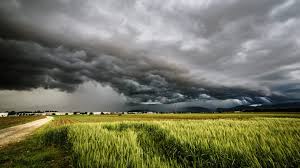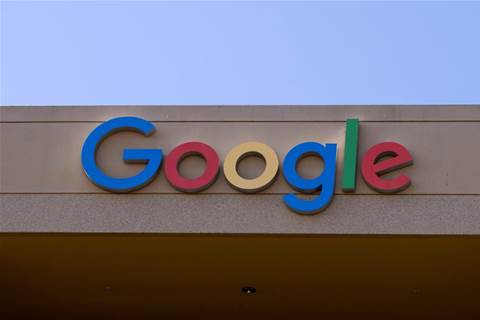Source:theburnin.com
Most people have complained at least once about the quality of their local weather forecast. Unfortunately, predicting future weather is extremely difficult. The fact that meteorologists can do it as accurately as they do is incredible.
However, Google is working on a way to make predicting weather forecasts even better. It shared new research this week detailing how artificial intelligence (AI) can help create “nearly instantaneous” weather forecasts. Although the idea doesn’t have any real-world implications yet, researchers are hopeful that it will provide better predictions sometime soon.
Lightning Fast
Most people don’t know that today’s systems of creating forecasts can take hours. They must crunch massive amounts of data to provide meteorologists with complex readouts about future patterns and possibilities. When U.S. federal agencies run simulations to create forecasts, the calculations often include up to 100 terabytes of data and require the use of an expensive supercomputer.
Google software engineer Jason Hickey says, “If it takes 6 hours to compute a forecast, that allows only 3-4 runs per day and results in forecasts based on 6+ hour old data, which limits our knowledge of what is happening right now.”
Google’s AI forecast tool allows researchers to generate accurate rainfall predictions six hours ahead of when the precipitation occurs. Best of all, this takes the AI just “minutes” to complete.
The Big Tech firm says that quick forecasts are “an essential tool needed for effective adaptation to climate change, particularly for extreme weather.”
It also says that these rapid predictions will be important tools for “crisis management, and the reduction of losses to life and property.”
Considering the growing number of unpredictable weather events worldwide, having forecasts that don’t take hours to generate would certainly be useful. It would benefit those in the path of hurricanes, tornadoes, and even wildfires by being able to identify wind patterns.
NOAA’s Ark
Google trained its weather forecasting AI using radar data collected by the National Oceanic and Atmospheric Administration (NOAA) between 2017 and 2019. This simple data served as a proxy for making predictions about rainfall rather than analyzing complex physics patterns.
The company claims that its system is just as accurate or more accurate than three other methods of forecast prediction. However, when it tried to determine what was happening more than six hours ahead of time, it was outperformed.
So, it appears that AI weathermen aren’t going to solve every problem. While AI can likely be used as a way to provide quick, reliable short-term forecasts, NOAA’s more advanced models won’t be going anywhere just yet. Their 10-day forecasts are crucial for people planning events in advance and predicting dangerous weather situations.
Fortunately, AI weather prediction is a growing space. Other companies, including IBM and Monsanto, are also researching the concept. Meanwhile, Google will continue working with its AI forecasting system to push the limits of what is possible.
Although its uses may still be a few years off, Google has high hopes for the technology. It says, “Immediate forecasting is a key tool for real-time planning, facilitating decisions and improving lives.”


